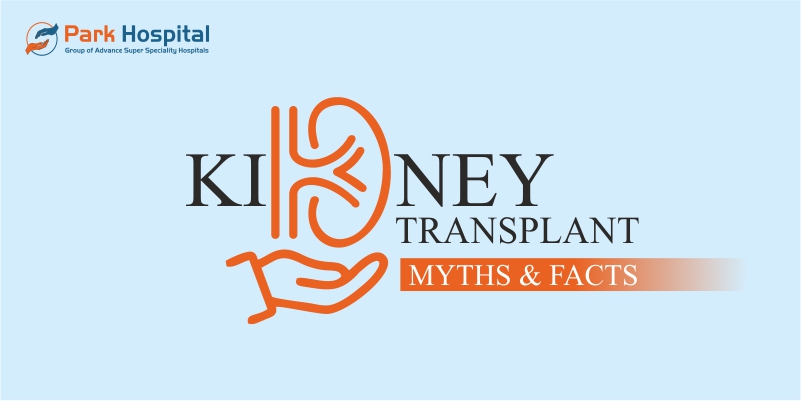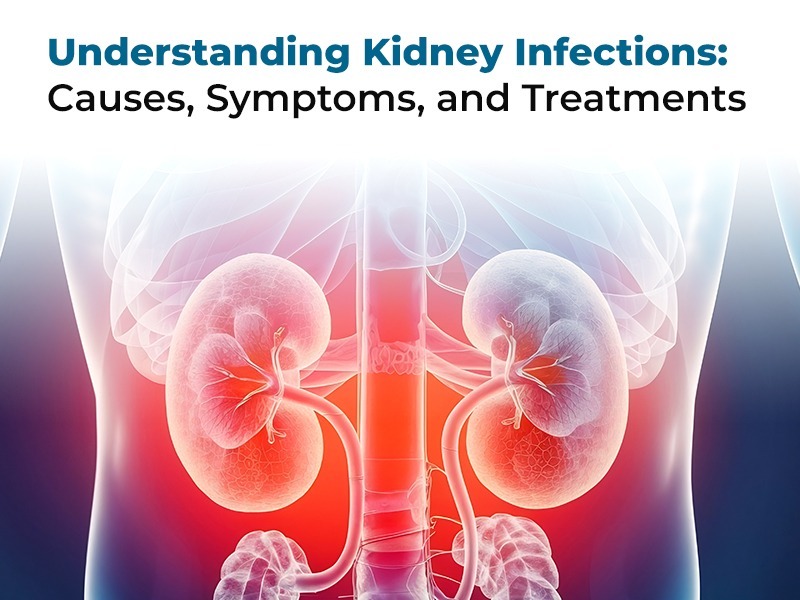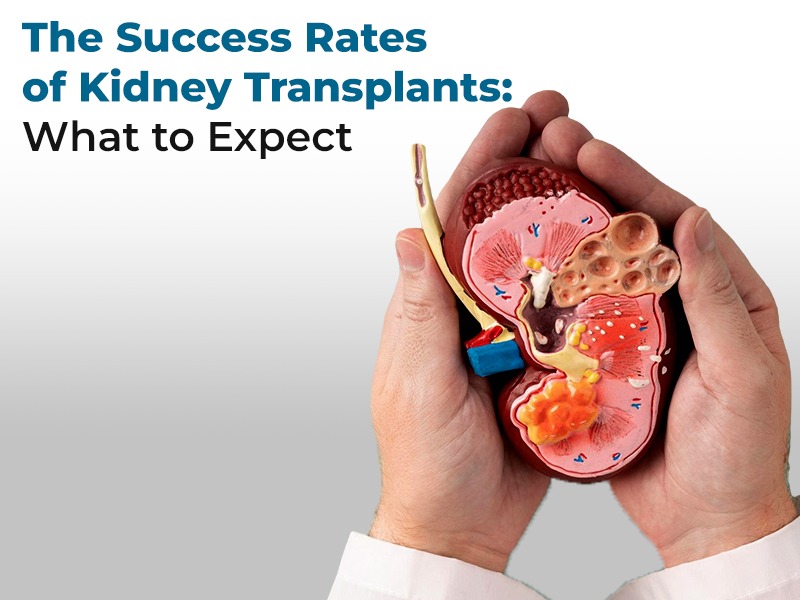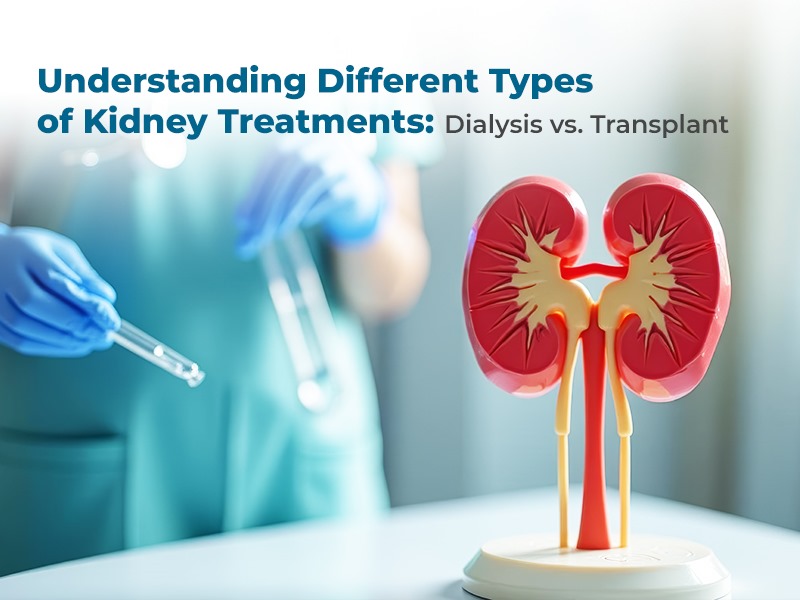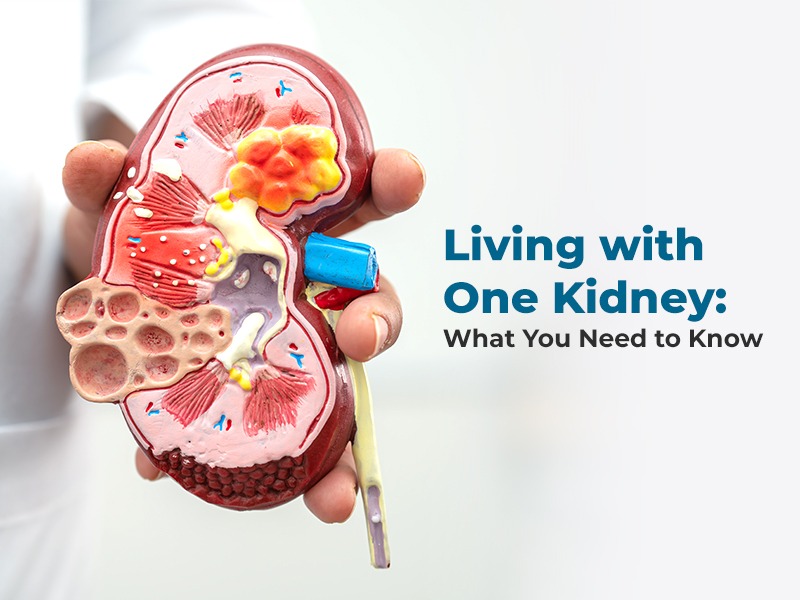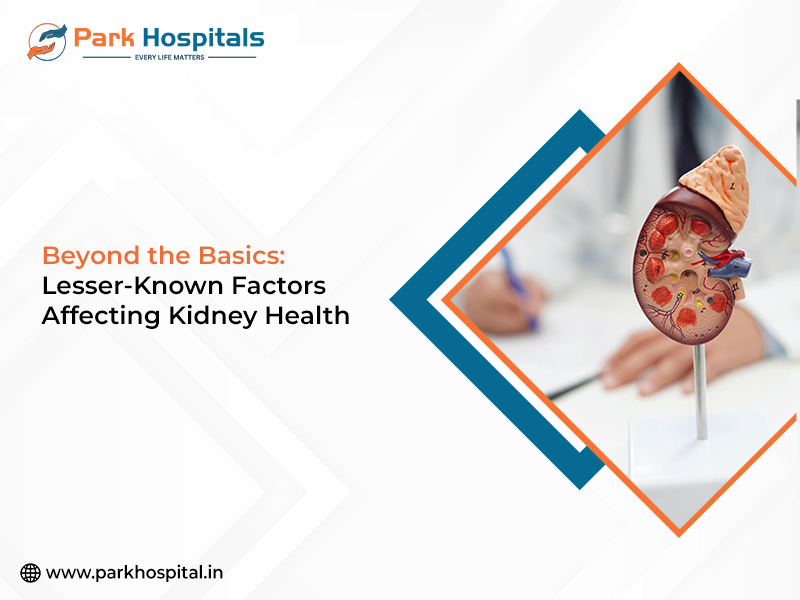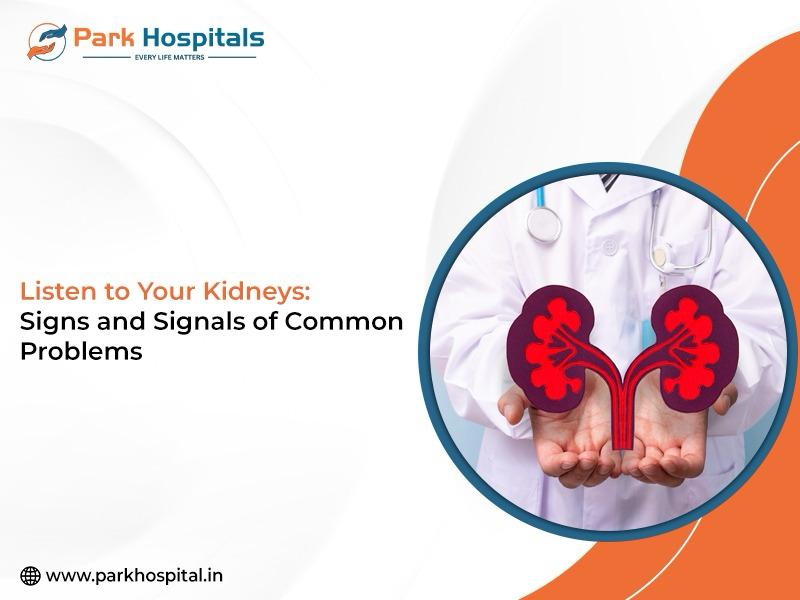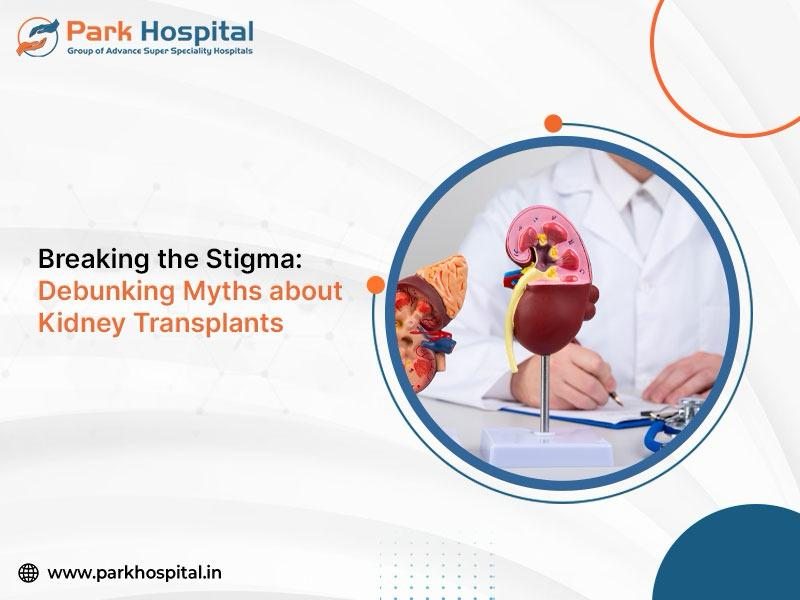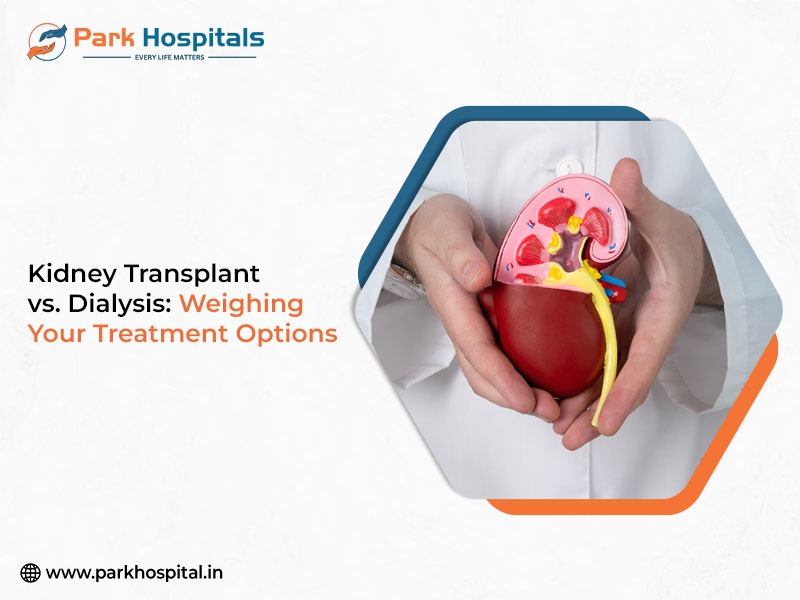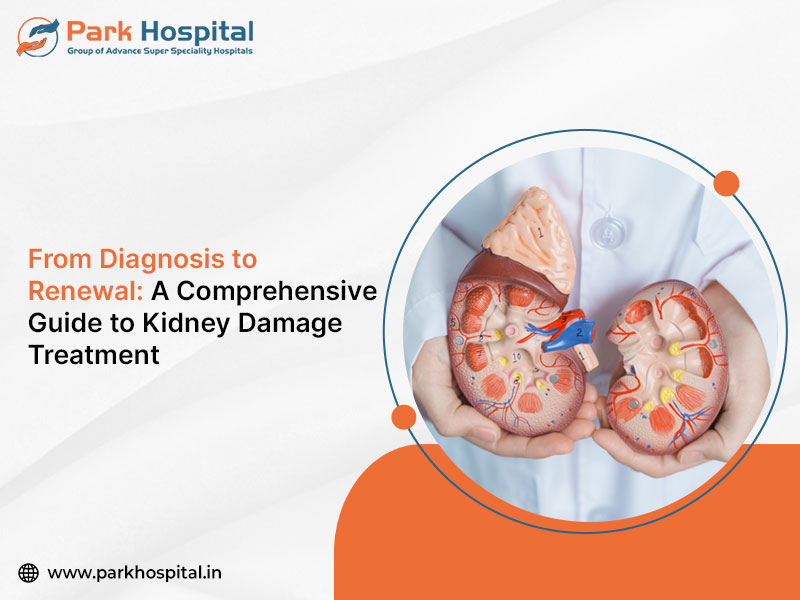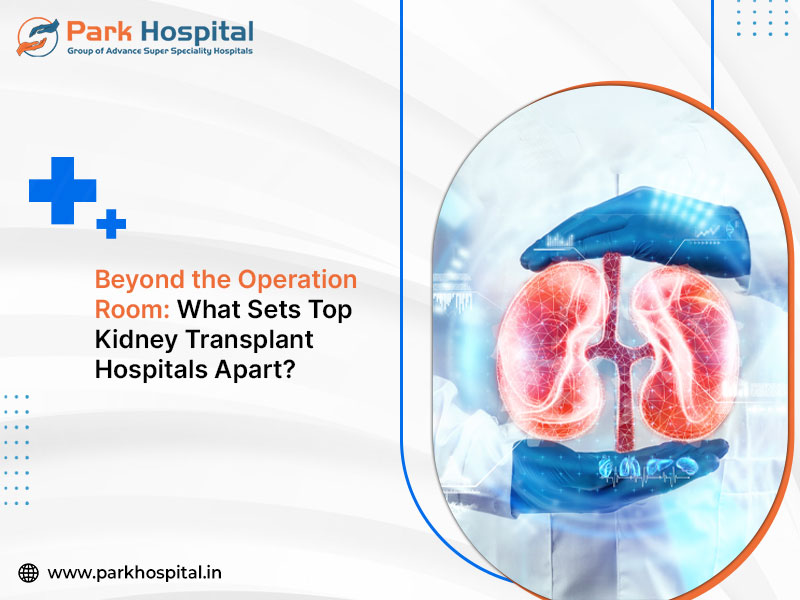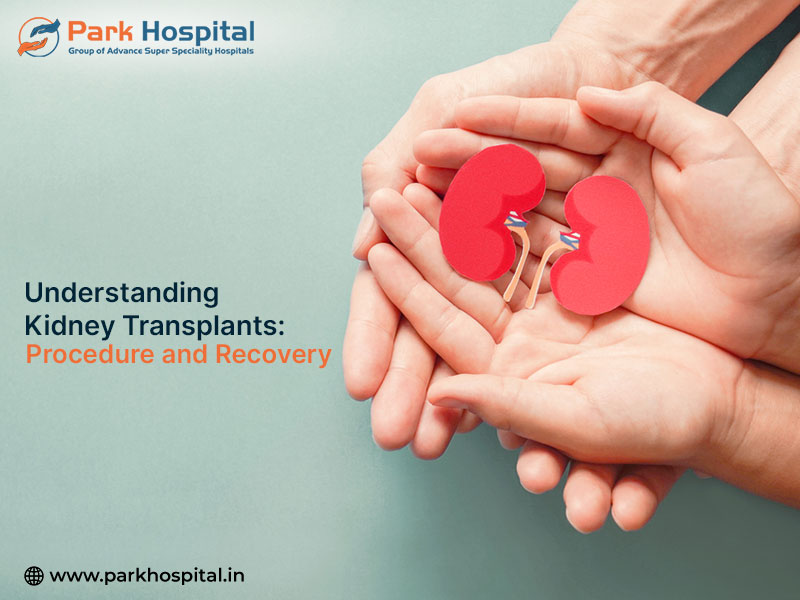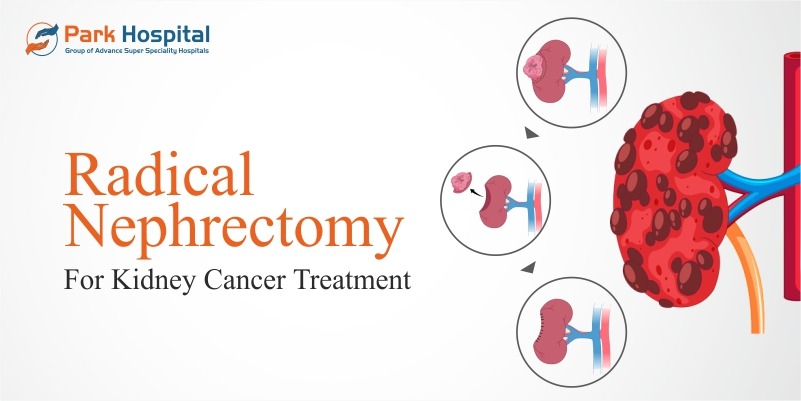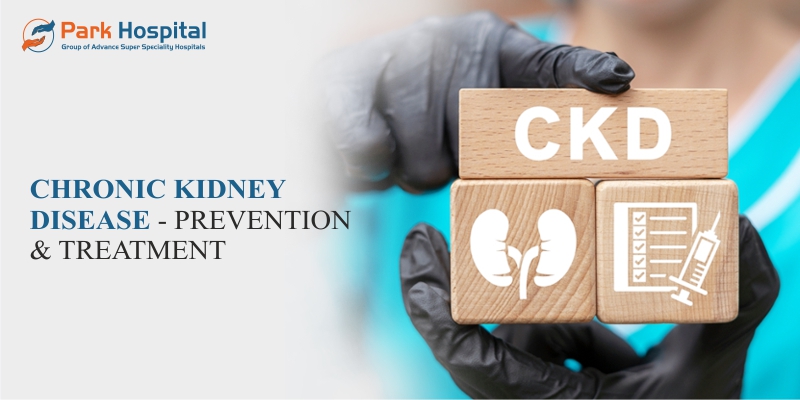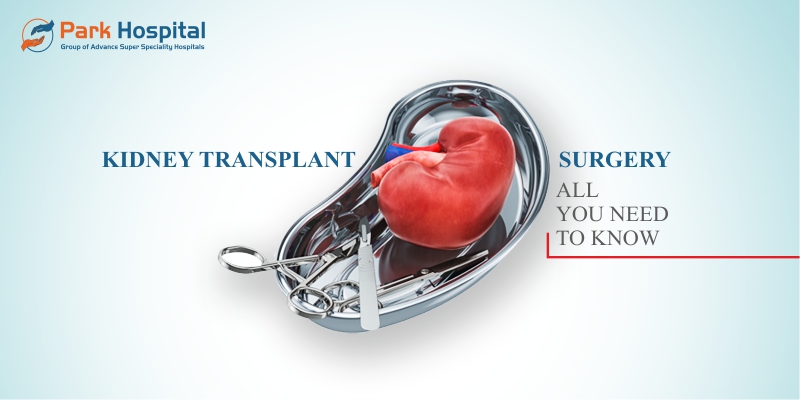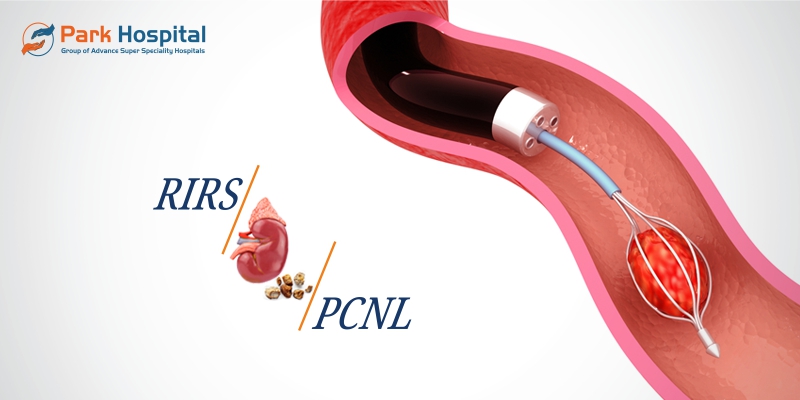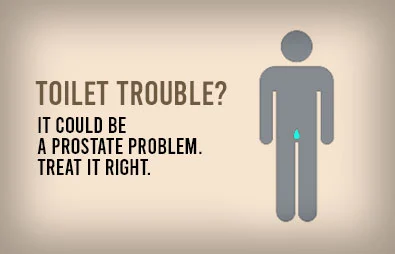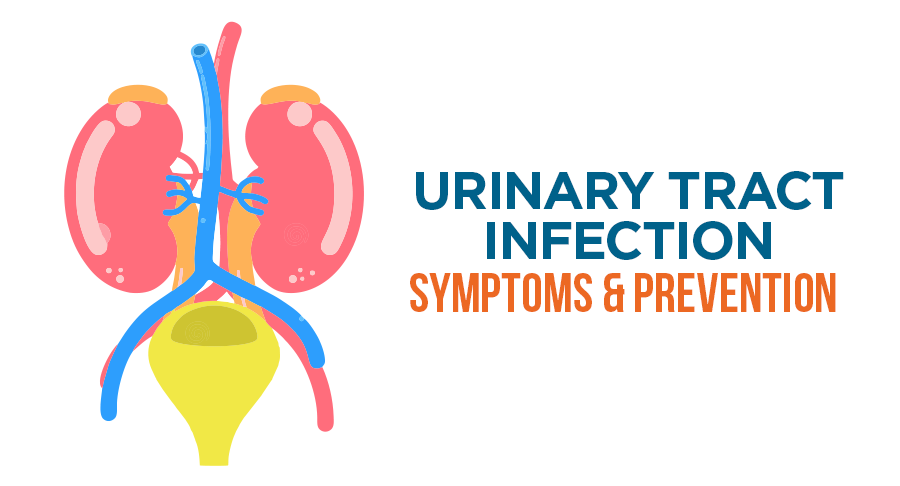Dispel common myths about kidney transplantation and understand the facts today!
Kidney transplantation refers to a surgery that takes a healthy kidney from a donor to replace kidneys that do nor function any more in a person. Kidneys perform the important function of eliminating waste from the body. When kidneys lose 90% ability to function (End Stage Renal Disease), it is required to either perform regular dialysis, ie., the use of a machine to do the function of the kidney, or have a kidney transplant.
Kidneys lose their ability to function most commonly due to diabetes or very high and chronic blood pressure. Kidney transplant is the best form of treatment that could most closely allow a person a great quality of life. However, even the best urologists and nephrologists would state that a healthy lifestyle must be followed to allow the new kidney to last. Kidney treatment may still be required to address underlying problems and allow for the new kidney to work well.
In India, the number of people that are said to be requiring a
kidney transplant annually, is at 220,000. However, only 7500 kidney
transplants are carried out. This acute shortage is due to the fact that
90% of kidneys come from live donors and only 10% are from deceased donors.
Once barriers preventing more organ donations from deceased donors are
addressed, India could get closer to meeting the increasing demand for kidney
transplants.
Facts and Myths: Sieving through commonly perceived falsehoods
Myth 1: A kidney transplant is a cure to kidney disease
After your kidney transplant, nephrologists will advise you to follow a healthy lifestyle and a strict diet so as to avoid kidney disease. Underlying problems that give rise to kidney disease such as hypertension and diabetes will also need to be closely monitored so as not to affect the new kidney. Kidney transplant is a form of kidney treatment.
Myth 2: Kidney transplants have a 50-50 chance of success and failure
Kidney transplants in India have a great record of being very successful with hospitals confidently claiming 90-95% success rates of kidney transplants from a live donor.
Myth 3: A kidney donor suffers from weakness and is unable to do productive work.
Kidney donors need to convalesce like any one through major surgery. However with proper rest and diet a kidney donor will go back to previous standards of health. A kidney donor must simply follow a healthy lifestyle and can lead a normal life. The donor can also opt for laparoscopic nephrectomy that has faster recovery rates.
Myth 4: The cost of kidney transplant is higher than dialysis
The one-time expenses incurred from a kidney transplant works out lesser than the lifetime costs of being on dialysis.
Myth 5: You cannot opt for kidney transplant after being on dialysis for a long time
Untrue. Many people get on to dialysis to wait for a matching donor. Dialysis as a form of kidney treatment, does not reduce the benefits of a kidney transplant. Kidney transplant is still a viable option for someone who has been on dialysis for whatever period.
Myth 6: A woman cannot get pregnant after donating a kidney
Post operative rest is required for any kidney donor which could be a period of 3-6 months. After this period a woman can choose to become pregnant and donating a kidney will have no bearing on her future capacity to conceive.
Myth 7: A kidney donor’s sex life is affected after the procedure
The procedure in no way
has any bearing on a kidney donor’s sex life. A kidney donor is only
recommended to rest post surgery and can go back to all normal activities in
3-6 months of healing.
Choosing a hospital for kidney transplantation
It is recommended to choose the best kidney hospital in Delhi such as the Park Hospital. The Park Hospitals have a kidney transplant hospital in Gurgaon that has a great team of both nephrologists and the best urologists for consultation and surgery. Contact the Park Hospital and find out more about kidney transplantation.
FAQs
Who should I consult for a kidney transplant - a urologist or a nephrologist?
A nephrologist
treats disease that can affect the kidneys and its functioning while a
urologist treats conditions of the urinary tract including those that are
closely associated to the kidneys. Thus both specialities are involved in a
kidney transplant where a urologist may be called to consult for a kidney
donation procedure. A nephrologist specialises in kidney transplant. You can
opt for the best
kidney transplant hospital in Delhi and the kidney
transplant hospital in Gurgaon to examine your condition and perform
the necessary treatment.

